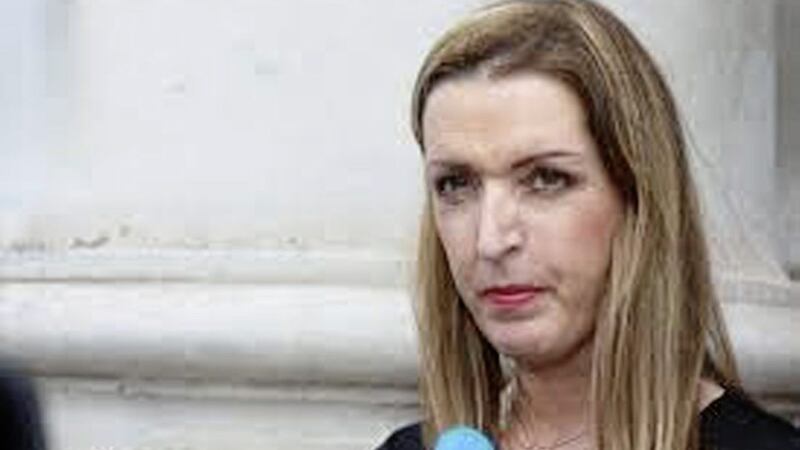A TOTAL of 17 women have died due to a cervical screening controversy in the Republic.
An unpublished audit of cervical checks, discovered in 2014, found that more than 200 women with cervical cancer who had undergone smear tests should have got treatment earlier.
In 175 of the 208 cases, a different treatment should have been given when the original smear was re-read by the review team.
The Health Service Executive (HSE) said 162 of the 208 women affected by the CervicalCheck screening row were not told that a review had been conducted of their case or of the outcome.
Chair of the HSE Serious Incident Management Team Patrick Lynch said the women had a right to know about their cases.
He said all patients should be contacted by their hospital today.
Taoiseach Leo Varadkar has said there will be an inquiry into the screening controversy.
He said it will look at what he called "appalling communication failures" and whether a different form of laboratory testing "might have reduced the number of false negatives".
The revelations come following revelations about the case of cancer patient Vicky Phelan.
Ms Phelan (43), from Limerick, was diagnosed with terminal cancer three years after her smear test results of 2011 were incorrectly reported as clear of abnormalities.
Last week, Ms Phelan settled her High Court action against a US laboratory for €2.5m.
The Republic's health minister Simon Harris last night said he would ask the Health Information and Quality Authority to carry out an investigation into the CervicalCheck screening programme.
Mr Harris also announced he would appoint an international panel of clinical experts to review the cases of all the women involved.
"A liaison nurse specialist will co-ordinate the work of the expert panel and will identify and ensure the provision of any required supports for the women involved," he said.







